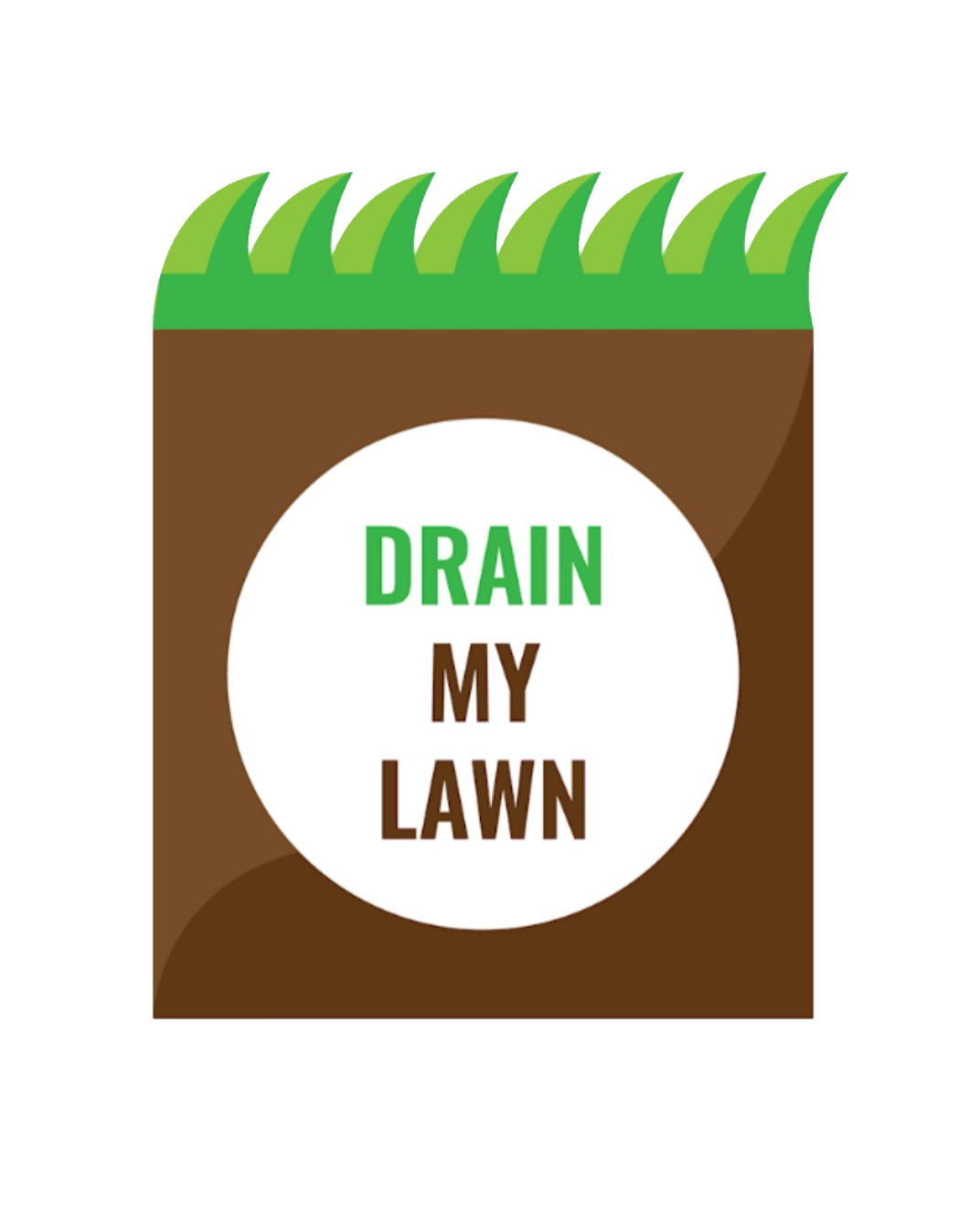Solving Water Pooling Problems in Charlotte, NC: A Case Study
Water issues are common for many homeowners in Charlotte, especially when properties are located in flat or sloped areas. A recent project we handled is a great example of the challenges that come with pooling water and how to address them effectively using drainage solutions, such as French drains and downspout extensions. If you're experiencing similar issues on your property, read on to learn how we tackled this problem and how you can protect your home from water damage.
The Problem: Pooling Water Near the Foundation
On this property, the homeowners were facing significant water pooling along the side of their house. There was at least an inch of standing water next to the foundation, which can lead to long-term damage if not addressed. Here's why the water issue was occurring:
Lack of Gutters: There were no gutters installed along the roofline, allowing water to flow freely and create a trench in the yard.
Flat Terrain: The side of the house was relatively flat, with little slope to encourage water to move away from the foundation.
Neighbor’s Slope: The neighboring property had a slope that directed additional water towards the home, compounding the issue.
Downspouts: Existing downspouts were not effectively moving water away from the foundation, resulting in water retention around the house.
These factors combined to create a persistent water problem that could eventually damage the foundation, landscaping, and even interior spaces if left unresolved.
Our Solution: Installing a French Drain System
To address the pooling water, we implemented a comprehensive drainage solution that worked with the homeowner’s plans to create a gravel walkway around the side of the house. Here’s what we did:
Open French Drain Installation: Starting near the gas meter, we installed an open French drain running alongside the house. This drain would help redirect water from the pooling areas, ensuring it flows away from the house foundation.
Condensation Line Connection: We tied in the home's HVAC condensation line to ensure it wouldn’t contribute to the surface water problems. This helped eliminate excess water from feeding onto the yard surface.
Downspout Tie-Ins: We connected multiple downspouts to the French drain system. This was key in directing roof water away from the foundation and into the French drain, which runs to a solid pipe for efficient drainage.
Gravel Coverage: The homeowner requested gravel coverage for both the walkway and the drainage areas. Gravel helps water to filter into the French drain system while preventing erosion and standing water on the surface.
Addressing the Front of the House
Water was also pooling in the front yard due to a blocked mulch bed and poor downspout positioning. Here's how we tackled the front yard issues:
Downspout Extension: The existing downspout was extended further out to guide water past the problem areas. We then ran it to a popup drain positioned in a low-lying area of the yard where water could naturally flow toward the sidewalk.
Removing Obstructions: We recommended removing a berm that was preventing water from flowing freely off the property. By removing this obstruction, water can be directed away from the foundation and avoid pooling near the house.
Why Proper Drainage Matters in Charlotte
Charlotte's clay-heavy soil and variable rainfall patterns make it particularly prone to water retention issues. Without proper drainage, homes in this region can suffer from:
Foundation Damage: Standing water around the foundation can cause the soil to expand and contract, leading to cracks and structural issues.
Flooded Crawl Spaces or Basements: Water pooling near the home can seep into lower levels, causing mold, mildew, and water damage.
Landscape Erosion: Water running unchecked across your property can erode soil and damage gardens, lawns, and hardscaping features.
Installing French drains, extending downspouts, and clearing away obstructions are all effective ways to combat these problems. By taking proactive steps, Charlotte homeowners can protect their homes and enjoy healthier landscapes year-round.
Final Thoughts: Don’t Wait Until It’s Too Late
If you're noticing water pooling around your home, especially after heavy rains, don't wait until the problem worsens. Addressing water drainage issues early can save you from costly repairs down the road. Whether it’s installing a French drain or simply re-routing your downspouts, the solution can be more straightforward than you think.
At Drain My Lawn, we specialize in solving water drainage problems for homeowners across the Charlotte area. Contact us today for a consultation, and let’s get your property protected from standing water and potential damage!

